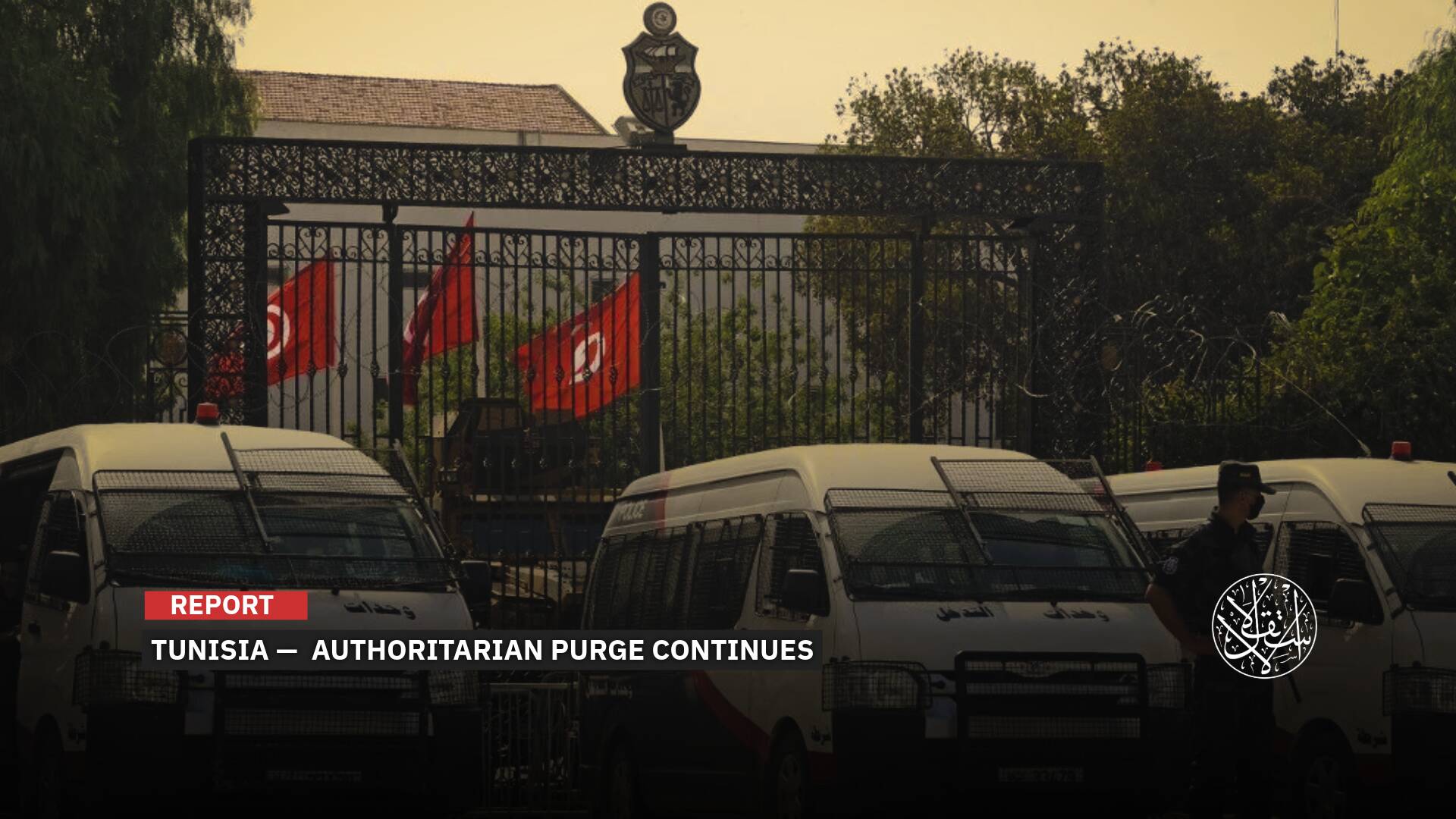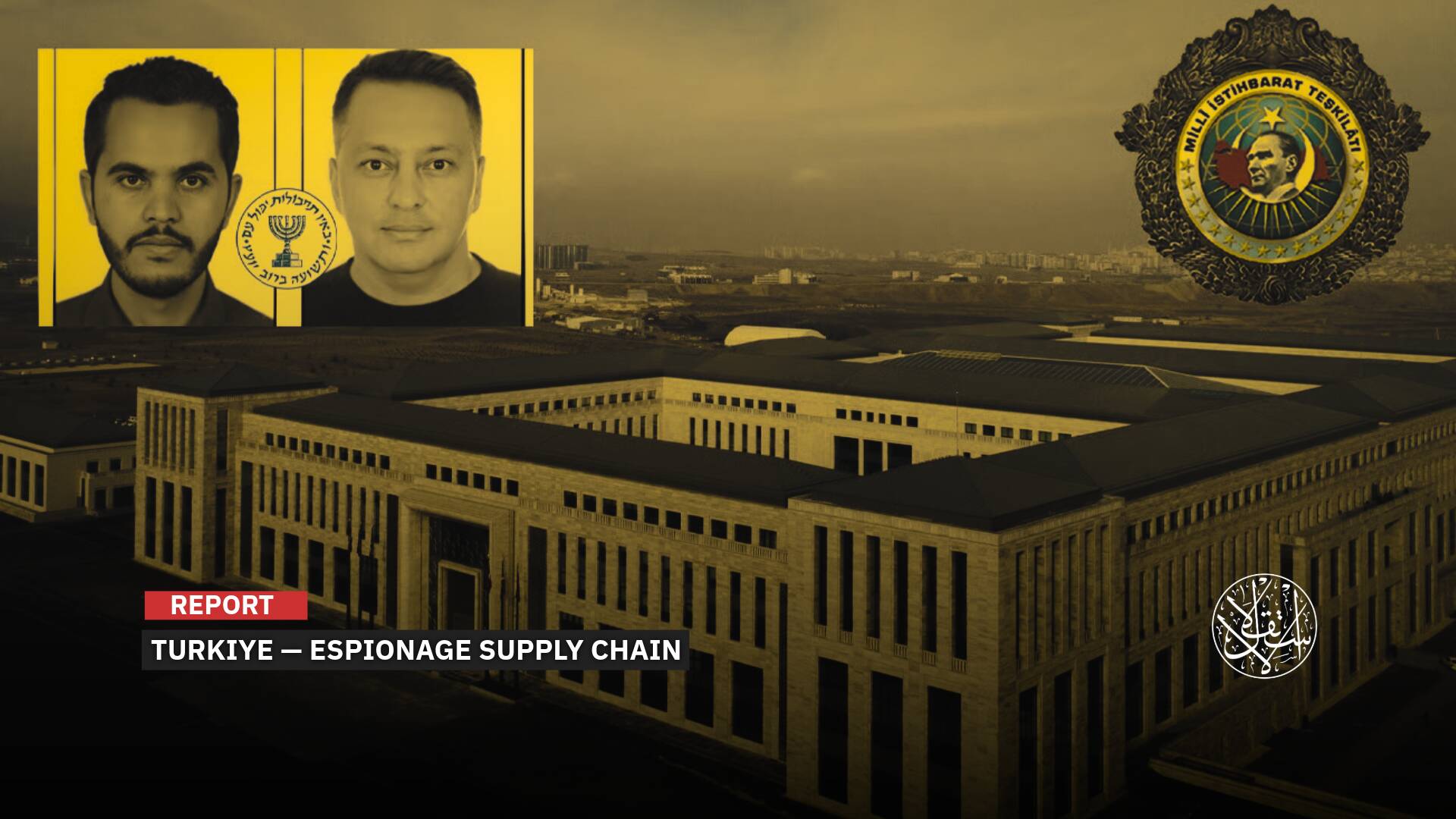War in Gaza Is 'Over,' So Why Are Israelis Still Eyeing Immigration?

Operation al-Aqsa Flood shook Israelis' confidence in security and stability.
Amid security deterioration and economic crises, about a quarter of Israelis considered leaving the occupied Palestinian territories in 2024, reflecting an ongoing reverse immigration trend since the formation of Benjamin Netanyahu’s far-right government.
Despite ceasefire agreements with Gaza and Lebanon, uncertainty and instability still grip Israeli society, with many who fled Tel Aviv after Operation al-Aqsa Flood yet to return.
This highlights the continued reverse immigration crisis from “Israel” since the operation began in October 2023 and its broader impact on the Middle East.

A Quarter of Israelis
A new Israeli study by Yitzhak Rabin Center, published on February 14, 2025, found that nearly a quarter of Israelis considered leaving in 2024 due to worsening “security conditions.”
The study highlighted a strong link between personal insecurity and the desire to immigrate, with 31% of participants citing security concerns as the main reason for considering departure. It also noted that 24% of Israelis thought about leaving in 2024, up from 18% two years earlier.
According to Walla, the study was presented at a Ministry of Immigrant Absorption conference in coordination with Yitzhak Rabin Center, to discuss how security and economic conditions influence Israelis' immigration intentions.
The findings revealed that over a third of Israelis are contemplating immigration, with security concerns accounting for 31% and economic conditions for 28%. This study reaffirms similar trends observed in 2023, underscoring the shifting landscape in “Israel” since Benjamin Netanyahu’s government took power.
A survey by Kan, Israel’s public broadcaster, conducted on October 5, 2024, reported that nearly a quarter of Israelis considered immigrating in 2023 due to political and security conditions. The poll showed that 2% of Israelis actively thought about leaving between October 2023 and October 2024.
Operation al-Aqsa Flood shook Israelis' confidence in their security, stability, and regional dominance, marking the beginning of a new wave of reverse immigration.
Following the Resistance operation, which escalated into multi-front confrontations, particularly in Lebanon and Yemen, the number of immigrants increased, including settlers who had been brought from around the world and resettled in what they claim as the “Promised Land.”
Under Israeli Occupation’s 1950 “Law of Return,” Jews and some of their relatives are entitled to immigrate and obtain Israeli citizenship.
While Operation al-Aqsa Flood was a major catalyst for Israeli immigration, other factors trace back to the formation of Netanyahu’s government in late 2022.
Among these factors were judicial reforms aimed at curbing Supreme Court powers, which the opposition viewed as a “judicial coup.” Early 2023 saw mass protests that forced Netanyahu to halt these efforts.
Since then, a reverse immigration wave has gained momentum, exacerbated by Netanyahu's continued push for judicial overhauls and intensified by the aftermath of Operation al-Aqsa Flood, which led to an unprecedented rise in people leaving.

What Do the Numbers Say?
Beyond considering immigration, data from “Israel's” Central Bureau of Statistics (CBS) revealed that 82,700 people left the country in 2024, while only 23,800 returned.
On December 31, 2024, CBS estimated Israeli Occupation’s population at approximately 10.027 million, including 7.7 million Jews, 2.1 million Arab Israelis (Palestinians of 1948), and 216,000 foreign residents. The population growth rate dropped to 1.1% in 2024, down from 1.6% in 2023.
While the report did not specify reasons for immigration, Israeli media have previously linked the trend to ongoing rocket fire from Lebanon, Gaza, and Yemen.
In response, calls have grown to expedite immigration applications to offset the population decline. The issue of dwindling immigration was highlighted during a Knesset committee discussion on September 15, 2024, chaired by Oded Forer of Yisrael Beiteinu.
Despite these challenges, Forer urged the government to boost investment in promoting immigration and improving the integration process for newcomers.
The discussion also revealed that the Israeli war on Gaza and the resulting instability led to a decline in immigration interviews, particularly from post-Soviet states, as potential immigrants postponed their plans due to security concerns.
Previous estimates suggested that judicial overhaul attempts, combined with Operation al-Aqsa Flood and subsequent regional escalation, have already led to the immigration of over half a million Israelis.
On June 23, 2024, Zman Israel reported that this wave of immigration is not a temporary phenomenon but an increasing trend, citing data showing that departures outnumber arrivals.
Former Israeli Prime Minister Naftali Bennett echoed these concerns on August 30, 2024, warning that Netanyahu’s policies have driven many Israelis to consider leaving the country.
“Before October 7, part of the public felt that the government hated them. But after the attack, the opposite happened—a fight for the country began,” Bennett wrote on X.
He added, however, that as months passed, despair crept back into large segments of Israeli society, with government policies pushing many toward permanent immigration.
Bennett pointed to growing frustration among Israelis, noting a widespread perception that “the government is deliberately making decisions that harm large sections of the population.”
He criticized Netanyahu’s government for “largely ignoring domestic challenges and failing to address pressing issues such as housing, security, and the economy.”
Identity Crisis
The shocking statistics have sparked a fresh political debate in “Israel,” particularly as data indicates that immigration is concentrated among professionals, doctors, and technicians disillusioned with the country's trajectory.
While right-wing supporters criticized those leaving, government opponents seized on the figures to attack its policies.
These numbers confirm that “experts in the fields of technology, economics, medicine and culture are the main examples of those migrating from the state, because they are no longer able to find a place for themselves in a state that promotes laws limiting their personal freedom, stifle creativity and suppress their private property,” as per Middle East Monitor.
“It is worth noting that reverse migration of Jews began during the time of the protests that took place against the legal coup, with the Gaza war giving many of them the sense that it was time to leave.”
Against this backdrop, Israeli Occupation’s Health Ministry Director-General, Moshe Bar Siman-Tov, expressed concern over the growing number of doctors either leaving the country or extending their training abroad. He emphasized that the ministry is fighting for every doctor, working to persuade them to stay.
Data presented to the Knesset’s Committee for Immigration, Absorption and Diaspora Affairs further revealed that “Israel” ranks among the least attractive destinations for intellectual migration within the OECD.
On February 4, 2025, Haaretz underscored the gravity of the trend, stating that the proportion of intellectuals among those leaving “Israel” is significantly higher than other segments of the population.

Middle East Monitor highlighted several key drivers of Israeli immigration, including the right-wing government's unfair economic policies, Haredi opposition to mandatory military service, threats to academic institutions, attacks on the Supreme Court, the ongoing war on Gaza, and the failure to secure the return of the captives.
They have all restored “the fears of Israelis, their lack of confidence in their state, and their fear that they will face more trouble and will not be able to return to it in the future.”
More concerning for “Israel,” the report noted, is the demographic profile of those leaving: “48 percent of them are between 20 and 45 years old, and 27 percent are children and adolescents.”
“The vast majority are under 45 years old and are looking for a better quality of life, due to the deteriorating economic situation, the increasing cost of living, and the difficulty of obtaining housing and employment, with a greater degree of inability to access good public services.”
According to the report, these individuals are driven by a dwindling sense of belonging to the state and its culture, a weakened connection to the country due to the trauma of war, a loss of trust in leadership, and economic instability.
Former Mossad official Rami Igra illustrated the irony of this reality in light of U.S. President Donald Trump’s reported plan, in coordination with Netanyahu, to facilitate Palestinian displacement from Gaza.
Igra said last week that if Donald Trump offered Green Cards to “Tel Aviv residents,” their response to immigration would surpass that of Gaza residents.
Palestinian journalist Yasser Mohammed echoed this paradox in an interview with Al-Estiklal, stating, “The war has only strengthened the determination of Gazans to stay. The more destruction, killing, and siege they face, the more they cling to their land.”
“In contrast, Israeli settlers flee at the first sign of danger because they have no true connection to this land and no inherent right that compels them to defend it. When faced with conflict, they are forced to return to where they or their ancestors came from.”
Mohammed pointed to the mass return of hundreds of thousands of displaced Gazans to northern Gaza after the ceasefire, despite the devastation, as proof of this contrast.
“These people returned to pitch tents atop the rubble of their homes, declaring to the world that no displacement plan will uproot them from their land. Meanwhile, Israelis, despite their relative prosperity, continue to leave because they do not feel safe or truly belong.”
Sources
- Data on the rise in ‘reverse Jewish immigration’ shocks Israelis
- Brain drain: “Many countries are hunting talent, including Israeli talent” [Arabic]
- Israel is worried about doctors immigrating abroad! [Arabic]
- A quarter of Israelis thought about immigrating in 2024 [Arabic]
- About half a million people left Israel in the past year [Arabic]











